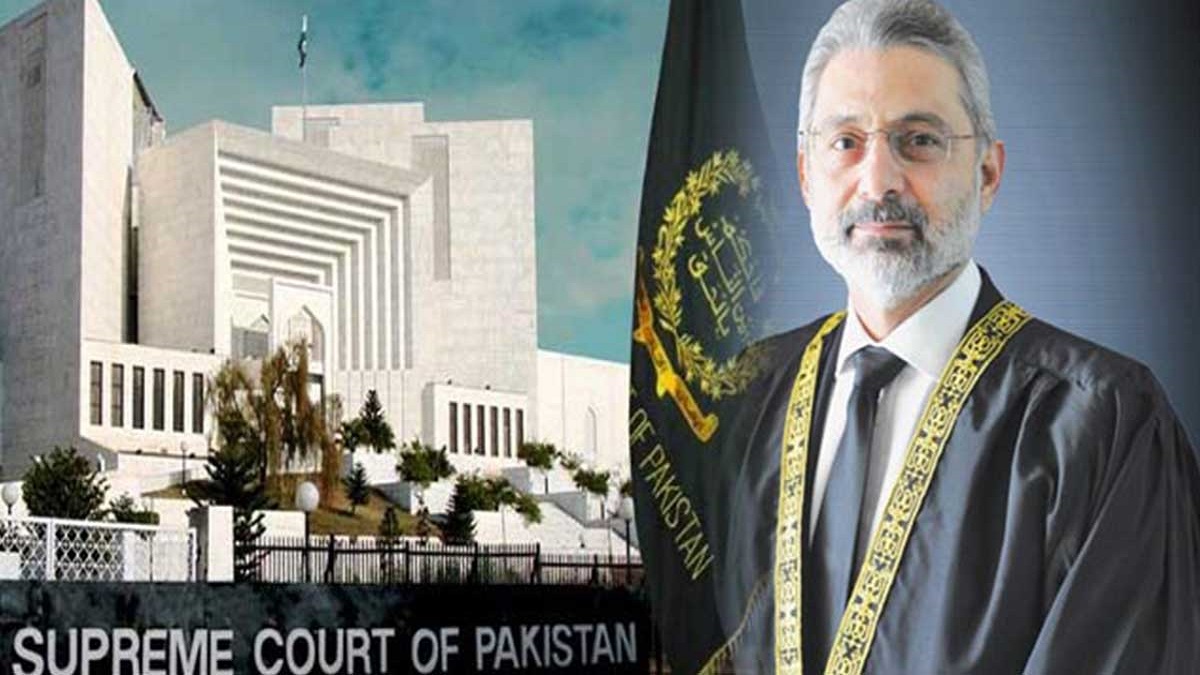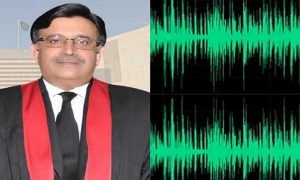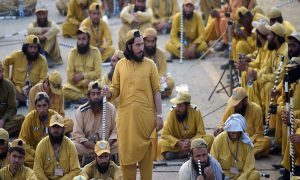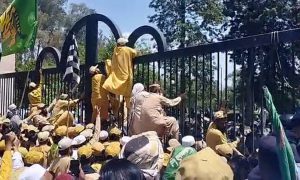In a recent event commemorating the golden jubilee of Pakistan’s Constitution, Justice Qazi Faez Isa of the country’s Supreme Court spoke out on the power to take suo motu notice, stating that it is not exclusively vested in the Chief Justice of Pakistan. The judge emphasized that the Constitution grants the entire Supreme Court the right to take such action, which refers to a court’s ability to initiate legal proceedings on its own initiative without a formal complaint.
Justice Qazi Faez Isa pointed out that Article 184(3) of the Constitution outlines the Supreme Court’s original jurisdiction, which allows it to assume jurisdiction in cases involving a question of “public importance” with regard to the “enforcement of any of the fundamental rights” of Pakistani citizens. He argued that this provision applies to the Supreme Court as a whole, rather than just the Chief Justice.
The judge’s comments come amid a growing debate in Pakistan over the Chief Justice’s suo motu powers. Parliament recently passed a bill aimed at restricting the Chief Justice’s ability to take suo motu notice in an individual capacity, but its implementation has been challenged by a larger bench headed by Chief Justice Umar Ata Bandial.
Read More: President approves withdrawal of curative review petition against Justice Qazi Faez Isa
Critics of the Chief Justice’s suo motu powers argue that they grant too much authority to an individual, allowing them to take action without proper scrutiny or accountability. Supporters, however, contend that such powers are necessary to ensure justice and protect citizens’ rights in cases where other authorities have failed to act.
The debate highlights broader concerns over the balance of power in Pakistan’s government and the role of the judiciary in upholding the Constitution and protecting citizens’ rights. With Justice Qazi Faez Isa’s remarks, the Supreme Court appears to be asserting its collective authority in matters of public importance, setting the stage for a potential shift in how suo motu powers are exercised in the future.



























